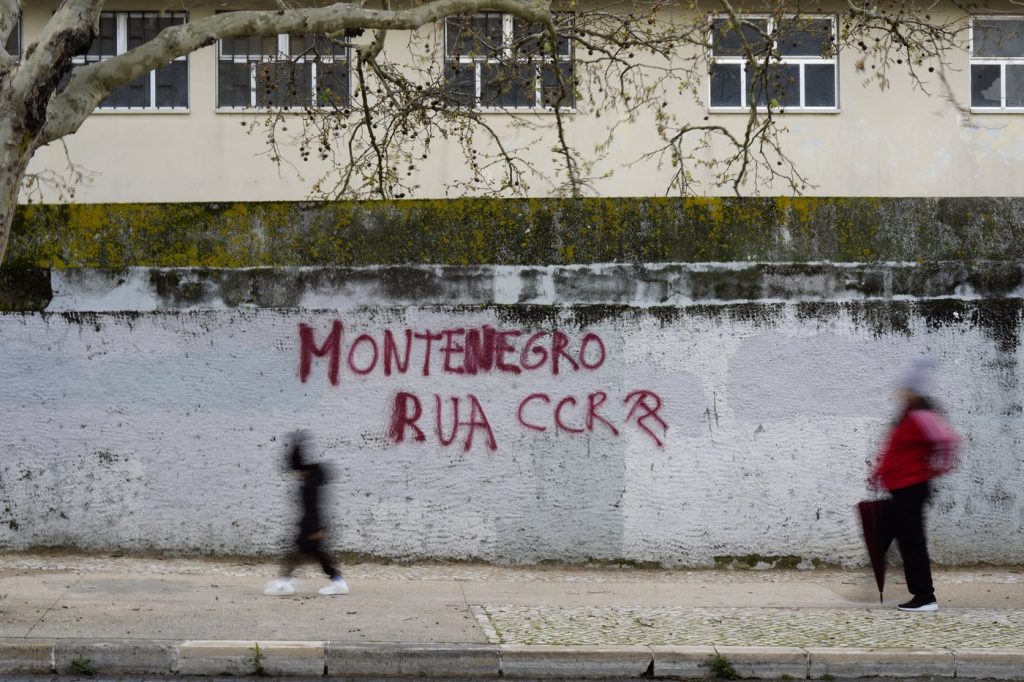LISBON, Portugal (AP) — Portugal faces a critical political situation as its minority government, led by Social Democrat Prime Minister Luis Montenegro, prepares for a confidence vote in parliament amid significant opposition pressure. This vote is particularly consequential, as a defeat could lead to the government's collapse, triggering the country's third general election within just three years.
According to the Portuguese Constitution, if the government loses the confidence vote, it would have to resign, resulting in a precarious political landscape for the nation of 10.6 million people. This uncertainty arises as Portugal navigates broader challenges in Europe, including security threats and economic concerns affecting the region.
The confidence vote was initiated by the government itself, as officials expressed the need to "dispel uncertainty" regarding its political future amidst ongoing controversies. Montenegro’s administration has been marred by allegations of potential conflicts of interest surrounding the business activities of his family's law firm, which has reportedly been receiving monthly payments from a company that holds a significant gambling concession granted by the government.
Montenegro, who has been in power for less than a year, insists he has taken necessary measures to distance himself from the firm by placing its management in the hands of his wife and children since becoming the Social Democratic leader in 2022. He maintains that he is not involved in the firm's operations and denies any accusations of misconduct. However, these developments have drawn sharp critique from opposition parties, particularly the center-left Socialist Party, which is demanding detailed explanations and a parliamentary inquiry that could prolong political scrutiny on the government.
Currently, Montenegro’s government comprises 80 seats in the 230-seat parliament alongside the smaller Popular Party. Should the confidence vote fail, it would plunge the nation into months of political instability, complicating its efforts to invest over 22 billion euros ($24 billion) in EU development funds. Economic growth has been a source of hope for the Social Democrats, with an estimated growth rate of 1.9% last year compared to the EU average of 0.8%, and a jobless rate at approximately 6.4%, aligning with the EU average.
However, recent political dynamics indicate rising public frustration, contributing to the emergence of populist sentiments within the country. The radical-right Chega (Enough) party has gained traction, rising to third place in the previous election, which saw widespread voter discontent with mainstream political parties. If a new election is required, it could inadvertently bolster Chega's position as citizens express their dissatisfaction through their votes.
As the situation unfolds, the spotlight remains on Prime Minister Luis Montenegro, who has publicly stated his intention to run for re-election if the government falls. The next general election in Portugal was historically slated for January 2028, but significant political upheaval now threatens to reshape this timeline considerably.
With mounting pressures from both economic factors and internal political disputes, the outcome of the upcoming confidence vote in the parliament is poised to have long-lasting implications for both the government and the broader political landscape in Portugal.










